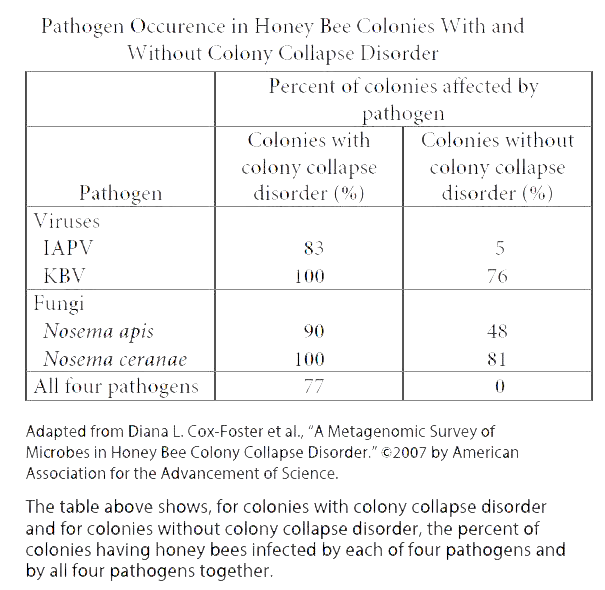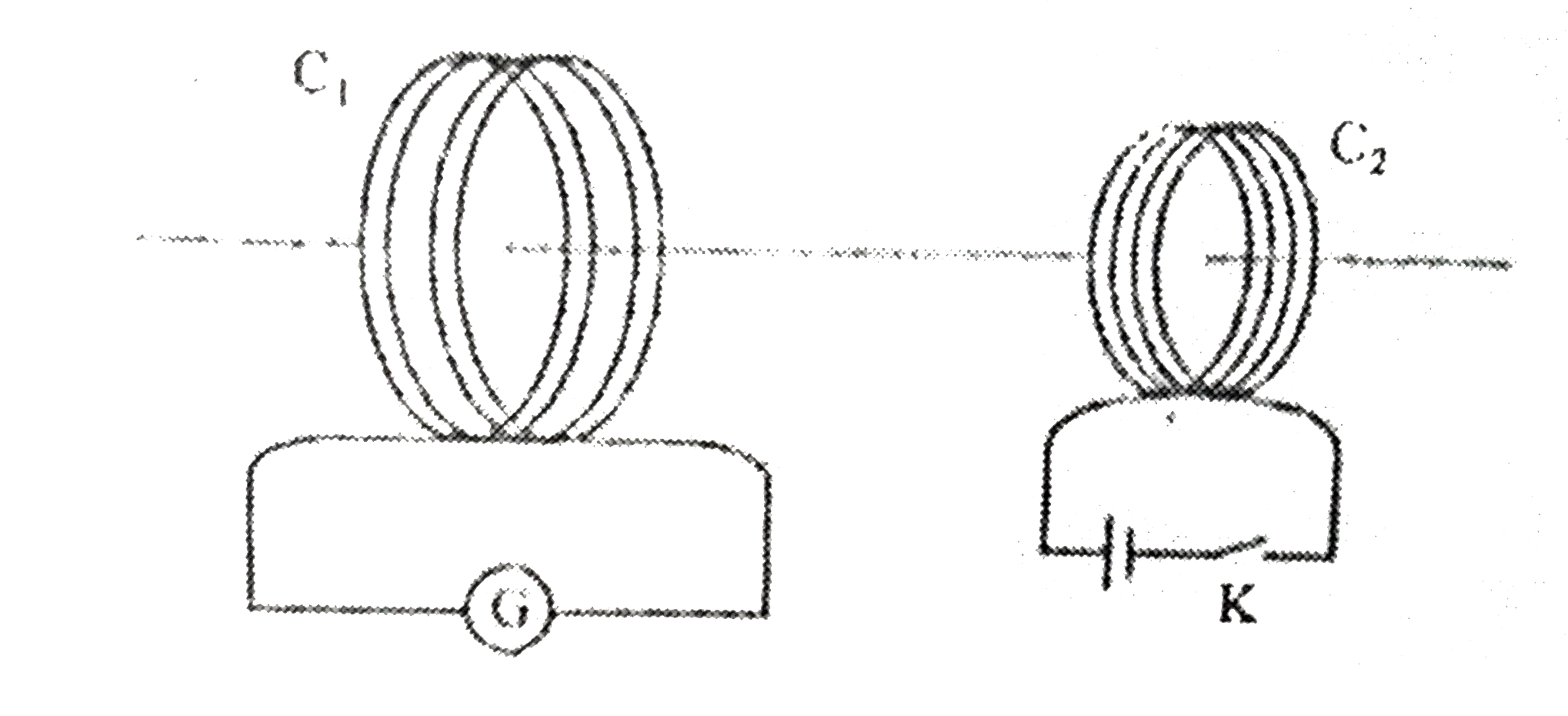Suggest any two techniques which can help in early detection of becterial/viral infections much before the symptoms appear in the body.
Step-by-Step Solution:
1. Understanding the Importance of Early Detection:
- Early detection of bacterial and viral infections is crucial for effective treatment and management. Identifying infections before symptoms appear can lead to timely interventions and better health outcomes.
2. Techniques for Early Detection:
- There are several techniques available for the early detection of infections. Here, we will discuss two prominent methods: ELISA and PCR.
3. Technique 1: ELISA (Enzyme-Linked Immunosorbent Assay)
- Definition: ELISA is a plate-based assay technique used to detect and quantify soluble substances such as proteins, antibodies, and hormones.
- Mechanism:
- When a bacterial or viral infection occurs, the immune system produces specific antibodies in response to the antigens present.
- ELISA can detect these antibodies, indicating the presence of an infection even before symptoms manifest.
- Application: It is widely used for diagnosing infections by measuring the concentration of antibodies against specific pathogens.
4. Technique 2: PCR (Polymerase Chain Reaction)
- Definition: PCR is a molecular biology technique used to amplify small segments of DNA, making it easier to detect.
- Mechanism:
- PCR involves three main steps:
1. Denaturation: The double-stranded DNA is heated to separate it into two single strands.
2. Annealing: Short DNA primers bind to the single-stranded DNA at specific locations.
3. Extension: DNA polymerase extends the primers, creating new strands of DNA.
- This amplification allows for the detection of even a small amount of pathogen DNA, indicating an early infection.
- Application: PCR is particularly useful for identifying viral infections where the viral genetic material can be detected before symptoms appear.
5. Conclusion:
- Both ELISA and PCR are effective techniques for the early detection of bacterial and viral infections. ELISA focuses on detecting antibodies, while PCR amplifies the genetic material of the pathogens, allowing for timely diagnosis and treatment.
---
- Early detection of bacterial and viral infections is crucial for effective treatment and management. Identifying infections before symptoms appear can lead to timely interventions and better health outcomes.
- There are several techniques available for the early detection of infections. Here, we will discuss two prominent methods: ELISA and PCR.
- Definition: ELISA is a plate-based assay technique used to detect and quantify soluble substances such as proteins, antibodies, and hormones.
- Mechanism:
- When a bacterial or viral infection occurs, the immune system produces specific antibodies in response to the antigens present.
- ELISA can detect these antibodies, indicating the presence of an infection even before symptoms manifest.
- Application: It is widely used for diagnosing infections by measuring the concentration of antibodies against specific pathogens.
- Definition: PCR is a molecular biology technique used to amplify small segments of DNA, making it easier to detect.
- Mechanism:
- PCR involves three main steps:
1. Denaturation: The double-stranded DNA is heated to separate it into two single strands.
2. Annealing: Short DNA primers bind to the single-stranded DNA at specific locations.
3. Extension: DNA polymerase extends the primers, creating new strands of DNA.
- This amplification allows for the detection of even a small amount of pathogen DNA, indicating an early infection.
- Application: PCR is particularly useful for identifying viral infections where the viral genetic material can be detected before symptoms appear.
- Both ELISA and PCR are effective techniques for the early detection of bacterial and viral infections. ELISA focuses on detecting antibodies, while PCR amplifies the genetic material of the pathogens, allowing for timely diagnosis and treatment.
Topper's Solved these Questions
- XII BOARDSBOOK - XII BOARD PREVIOUS YEAR PAPER ENGLISHCHAPTER - XII BOARDSEXERCISE - SET - I SECTION C
14 Videos
- XII BOARDSBOOK - XII BOARD PREVIOUS YEAR PAPER ENGLISHCHAPTER - XII BOARDSEXERCISE - SET - I SECTION D
8 Videos
- XII BOARDSBOOK - XII BOARD PREVIOUS YEAR PAPER ENGLISHCHAPTER - XII BOARDSEXERCISE - [OUTSIDE DELHI : SET-III] SECTION - C
10 Videos
- SAMPLE PAPER 2019BOOK - XII BOARD PREVIOUS YEAR PAPER ENGLISHCHAPTER - SAMPLE PAPER 2019EXERCISE - Section E Part B
3 Videos
Similar Questions
Knowledge Check
Read the given statements and select the correct option
Statement 1 : PCR technique is helpful in detecting bacterial and viral diseases even when symptoms of the disease are not yet visible
Statement 2 : Very low concentrations of bacteria or viruses in human body can be detected by amplification of their nucleic acids using the PCR techniqueABoth statements 1 and 2 are correctBStatement 1 is correct but Statement 2 is incorrectCStatement 1 is incorrect but Statement 2 is correctDBoth statements 1 and 2 are incorrectHoney bees are hosts to the pathogenic large ectoparasitic mite Varroa destructor (Varroa mites). These mites feed on bee hemolymph (blood) and can kill bees directly or by increasing their susceptibility
line 5- to secondary infection with fungi, bacteria or viruses. Little is known about the natural defenses that keepthe mite infections under control. Pyrethrums are a group of flowering plants which include Chrysanthemum coccineum, Chrysanthemum
line 10- cinerariifolium, Chrysanthemum marschalli, and related species. These plants produce potent insecticides with anti-mite activity. The naturally occurring insecticides are known as pyrethrums. A synonym for the naturally occurring pyrethrums is
line 15- pyrethrin and synthetic analogues of pyrethrums are known as pyrethroids. In fact, the human mite infestation known as scabies (Sarcoptes scabiei) is treated with a topical pyrethrum cream. We suspect that the bees of commercial bee
line 20- colonies which are fed mono-crops are nutritionally deficient. In particular, we postulate that the problem is a diet deficient in anti-mite toxins: pyrethrums, and possibly other nutrients which are inherent in such plants. without, at least, intermittent feeding on
line 25- the pyrethrum producing plants, bee colonies are susceptible to mite infestations which can become fatal either directly or due to a secondary infection of immunocompromised or nutritionally deficient bees. This secondary infection can be viral, bacterial or
line 30- fungal and may be due to one or more pathogens. In addition, immunocompromised or nutritionally deficient bees may be further weakened when commercially produced insecticides are introduced into their hives by bee keepers in an effort to fight
line 35- mite infestation. We further postulate that the proper dosage necessary to prevent mite infestation may be better left to the bees, who may seek out or avoid pyrethrum containing plants depending on the amount necessary to defend against mites and the
line 40- amount already consumed by the bees, which in higher doses could be potentially toxic to them. This hypothesis can best be tested by a trial wherein a small number of commercial honey bee colonies are offered a number of pyrethrum
line 45- producing plants, as well as a typical bee food source such as clover, while controls are offered only the clover. Mites could then be introduced to each hive with note made as to the choice of the bees, and the effects of the mite parasites on the experimental
line 50 - colonies versus control colonies. It might be beneficial to test wild-type honey bee colonies in this manner as well, in case there could be some genetic difference between them that affects the bees’ preferences for pyrethrum producing flowers.

The passage most strongly suggests that beekeepers’ attempts to fight mite infestations with commercially produced insecticides have what unintentional effect?AThey increase certain mite populations.BThey kill some beneficial forms of bacteriaCThey destroy bees’ primary food source.DThey further harm the health of some bees.
a) Cancer is one of the most dreaded diseases of humans. Explain 'Contact inhibitions' and Metastasis' with respect to the disease.
b) Name the group of genes which have been identified in normal cells that could lead to cancer and how they do so?
c) Name any two technique which are used to detect cancers of interorgans?
d) Why are cancer pateints often given a-interferon as part of the treatment.
View SolutionName the technique by which one can detect any possible chromosomal or metabolic disorder in developing foetus in a pregnant woman
View Solution(a) HIV and Hepatitis-B are STDs. Mention the two other ways by which they can be transmitted to a healthy person.
(b) Why is early detection of STD essential? What can it lead to otherwise? Explain.
View SolutionA large number married couples in the world over are childless. It is shocking to know that in India the female partner is often blamed for the couple being childless.
(a)Why in your opinion the female partner is often blamed for such situations in India? Mention any two values that you as biology student can promote to check this social evil.
(b) State any two reasons responsible for the cause of infertility.
(c) Suggest a technique that can help the couple to have a child where the problem is with the male partner.
View SolutionA large number married couples the world over are childless. It is shocking to know that in India the female partner is often blamed for the couple being childless.
(a)Why in your opinion the female partner is often blamed for such situations in India? Mention any two values that you as biology student can promote to check this social evil.
(b) State any two reasons responsible for the cause of infertility.
(c) Suggest a technique that can help the couple to have a child where the problem is with the male partner.
View SolutionA current is induced in coil C1 due to the motion of current carrying coil C2.
(a) Write any two ways by which a large deflection can be obtained in the galvanometer G. (b) Suggest an altermative device to demonstrate the induced current in place of galcanometer.

View Solution
